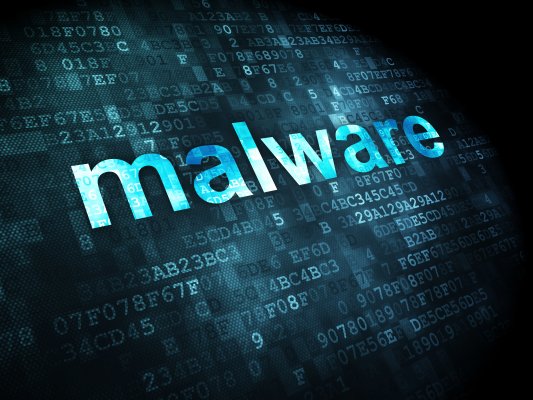Malware is a computer term used to describe malicious software. It is any program or code harmful to a computer. It is known for being able to invade and damage any gadget such as computers, mobile devices, and even networks. It interferes with the normal programming of the system it infects.
While it may not damage your physical hardware, it is known for damaging or fully corrupting the software of a computer. Aside from this, the hackers who create these can make money off your computer. This is possible by stealing data from you and selling it to third-parties without your consent. Check this list for the best anti-malware applications.
How will I know if my computer is infected?
There a lot of signs that make it obvious that a computer is infected with malware. Almost all of these interfere with the normal processes of a computer. For instance:
- Slower computer performance– You may notice that the loading times of your computer may be longer than usual. There may also be stutters in performance and frequent freezing of your screen. You may even notice that some applications you usually run with high speeds fluctuate. Your system resources are almost entirely used even with little activity on your part
- Random advertisements– Having pop-up ads suddenly appear on your screen while clicking nothing is a sure way of knowing that your computer’s defenses have been breached. An example is an advertisement that advises you that you have won something you do not remember ever joining/applying for. These end up with you having to input personal information
- System errors– Because of conflicting commands between the user and the malware, the software of the computer may start to crash constantly. You may also experience the Blue Screen of Death frequently because of having more applications running in the background
- Sudden lack of space– You may notice that your storage device is suddenly lacking space even without installing applications. This is because some malware spreads files inside your computer to gather information
- Slower or no internet connection– You may also notice that you have a slower internet speed. This is because some malware may use your computer to upload information online without your consent
- Browser homepage– The homepage of your browser is usually a search engine which you have chosen upon using it for the first time. If you notice that it has been changed without your permission and is set on an unfamiliar website, it might be because of a malware. You may also notice unfamiliar toolbars and plugins in your browser.
How do you get malware?
The most common way of getting malware is through the internet. It usually hides itself within shady websites and through spam e-mails.
The websites that harbor malware are usually those that are not encrypted, those that offer pirated content or those with explicit content. These files can mix themselves with normal ones as to make it harder for the user to detect them. They can even be installed from trust-worthy websites and usually sold as “additional software”. These are called “potentially unwanted programs” or PUP.
They can also attach themselves through e-mails. By accidentally opening them and downloading their content, you may risk putting your computer in danger.
You may also get them from infected storage devices such as USBs and disks.
What are the different types of malware?
There are different types of malware present on the internet, each with their different purposes. Some of these are:
- Adware- These are the most common. They usually flood your computer with unwanted advertisements that may trick you to install an application which is unnecessary. These are usually harmless to your system but may still be annoying
- Spyware– This malware keeps track of the activities you do. It is usually used by advertisers to cater content that is more in-line with your interests. This is a breach of your privacy and must be deleted from your system
- Viruses– These are files that attach themselves to applications and activate once you open them. They get their name from the fact that they instantly replicate themselves to be sent to other computer programs. These can also be transferred to other computers and networks
- Trojans – True to its name, the trojan presents itself as a harmless application for you to install on your computer. It then takes over the PC and sends crucial information to its developer. It may also carry viruses and ransomware along with it.
To protect against all of these it's highly recommended to use an anti-malware software. You can read who we think makes the best antimalware in our reviews that we have updated for 2021.





